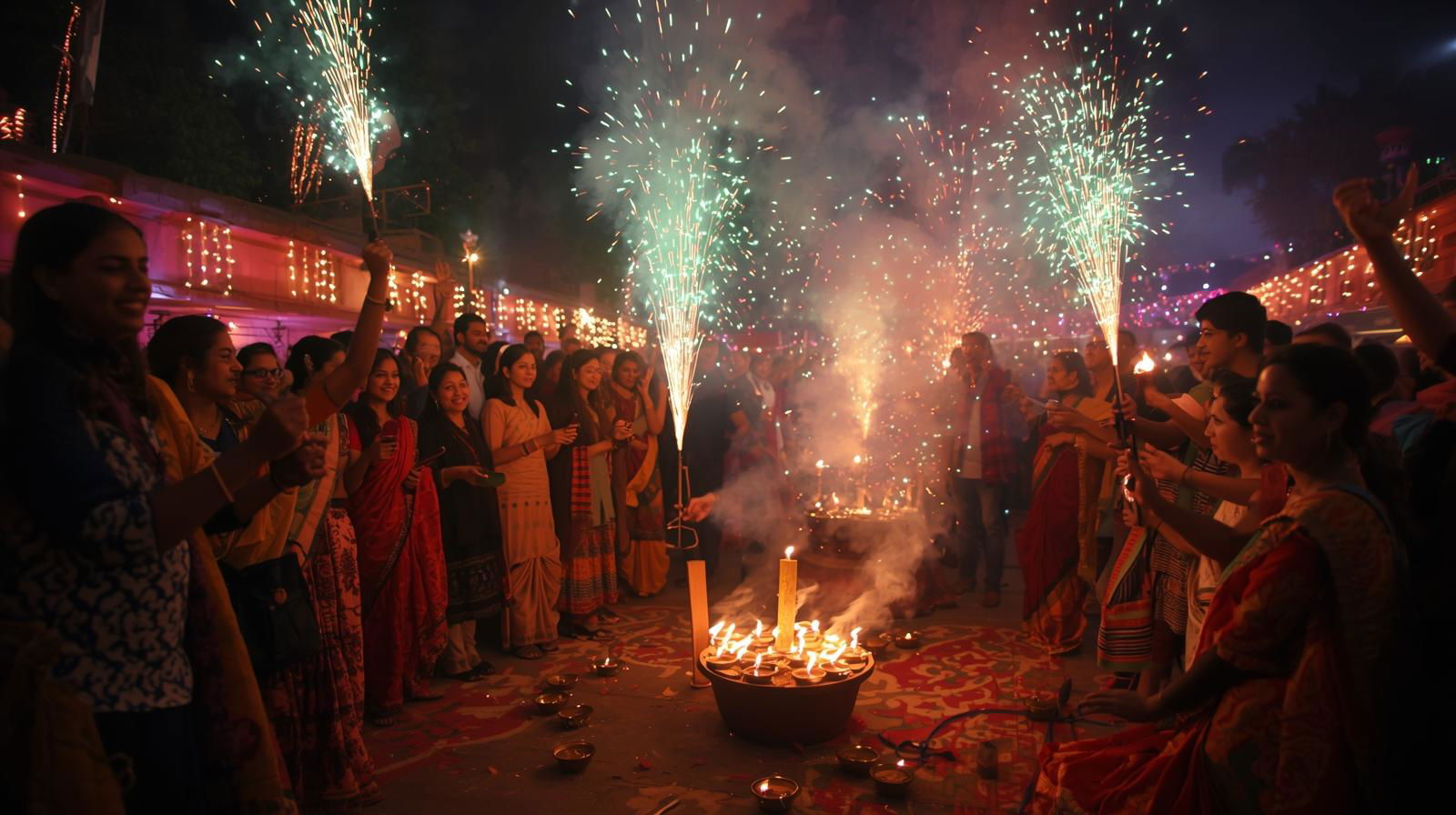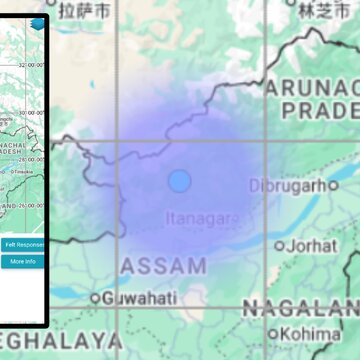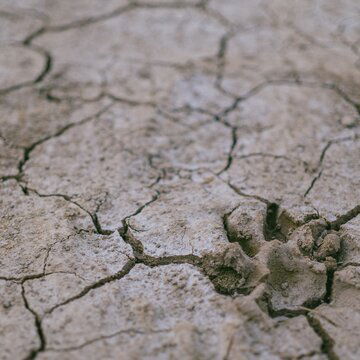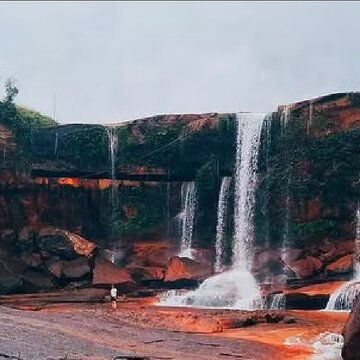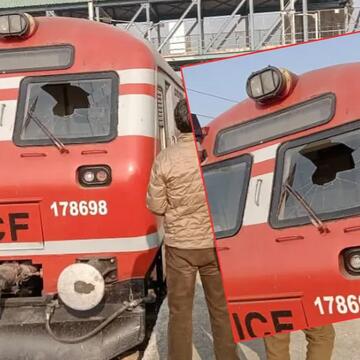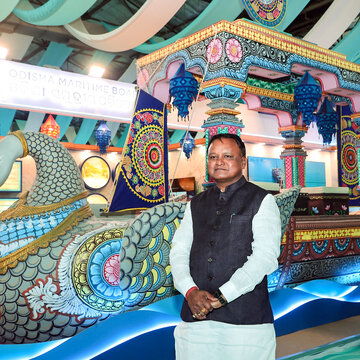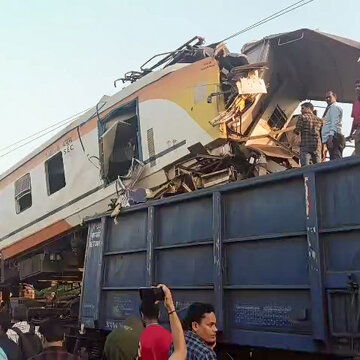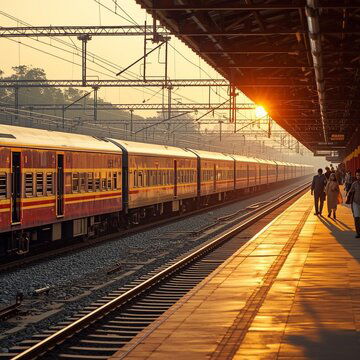Delhi could witness a first-of-its-kind Diwali this year with the Supreme Court indicating a temporary relaxation of the firecracker ban, potentially allowing the use of eco-friendly green crackers in the National Capital Region (NCR). The bench, led by Chief Justice BR Gavai and Justice K Vinod Chandran, reserved its order while suggesting that limited use of green fireworks under the Centre’s new guidelines may be permitted.
What are green crackers?
The Council of Scientific & Industrial Research's National Environmental Engineering Research Institute (CSIR-NEERI) created ‘green crackers’, which are designed to release less dangerous pollutants than traditional fireworks. They use additives to suppress dust, reduce shell size, and remove ash. The initiative was first introduced in 2018 with three variants — SWAS (Safe Water Releaser), STAR (Safe Thermite Cracker), and SAFAL (Safe Minimal Aluminium). These alternatives omit potassium nitrate and sulphur, cutting particulate matter and gas emissions by 30 to 40 per cent, according to CSIR-NEERI.
Dipankar Saha, former head of the Central Pollution Control Board’s air lab and a scientist involved in the development, said: “Anything that involves combustion cannot be truly green, but it has lesser harmful chemicals, including barium or aluminium.” Unlike traditional fireworks, green crackers avoid highly toxic chemicals such as barium nitrate, arsenic, and lead, while producing reduced smoke and noise.
What are the concerns?
Even after the promise of cleaner fireworks, experts urge caution. A 2022 study by Delhi Technological University found that green crackers still release ultra-fine particles that are more dangerous than PM2.5 and PM10. Bhavreen Kandhari, an activist, said: “During Diwali, PM2.5 levels can spike 800 to 1,500 per cent above WHO limits. A 30 per cent reduction is statistically meaningless in this toxic baseline.”
The Supreme Court’s plan requires green crackers to be produced only by certified manufacturers approved by NEERI and the Petroleum and Explosives Safety Organisation (PESO). Each packet will carry a QR code linking it to the manufacturer. However, enforcement remains a challenge, as Delhi currently lacks testing facilities to verify genuine products, and experts warn about unlicensed or fake crackers entering the market.
Chetan Sharma, general secretary of the Confederation of RWAs, added: “so-called green crackers still release harmful pollutants". "Allowing them so close to winter, when the city’s air quality is at its worst, is reckless. The government must ensure fake or duplicate crackers aren’t passed off as green.”
As Delhi prepares for Diwali, the green cracker debate highlights the tension between festive traditions and public health, showcas that “less harmful” does not mean safe.


